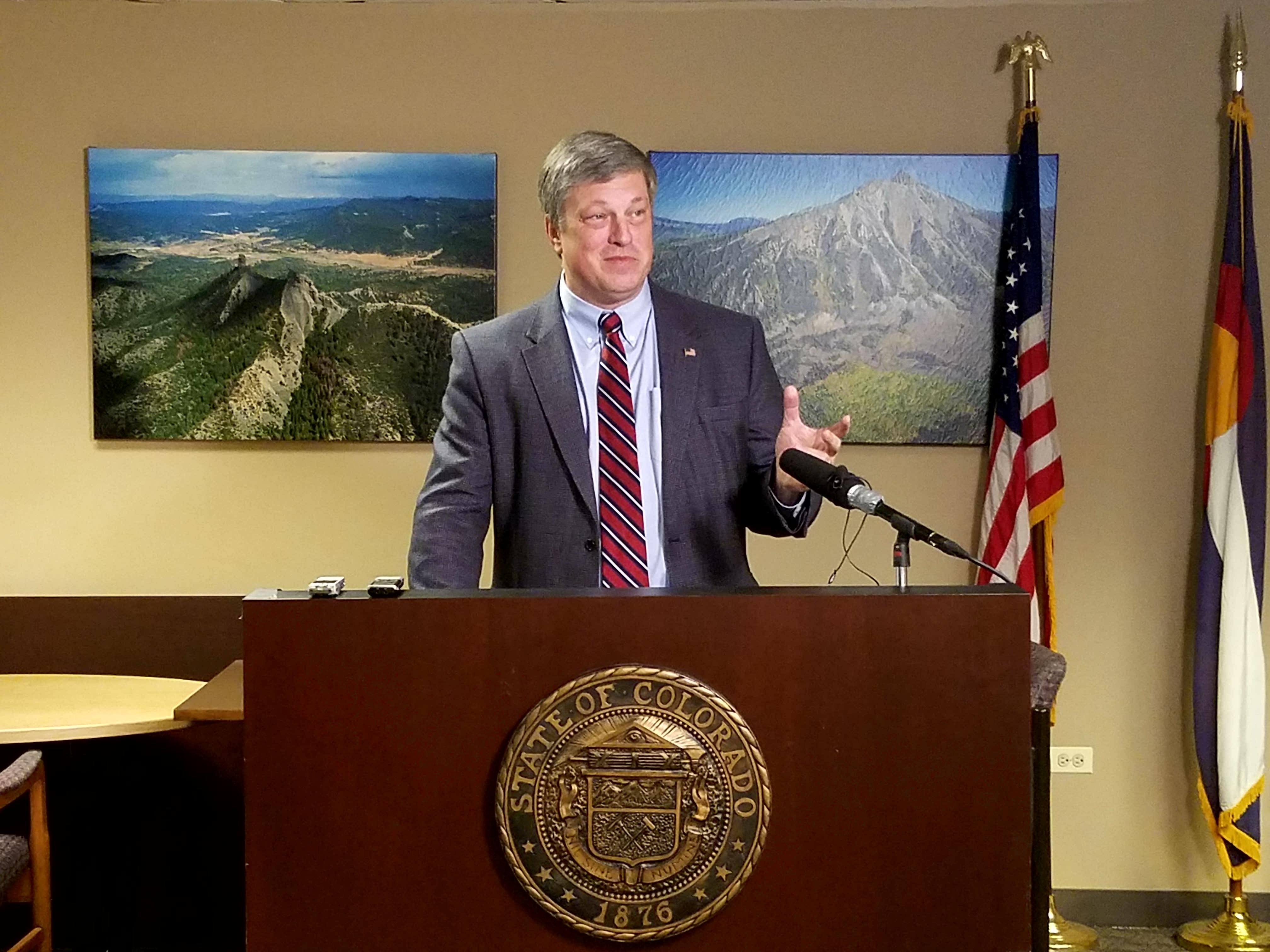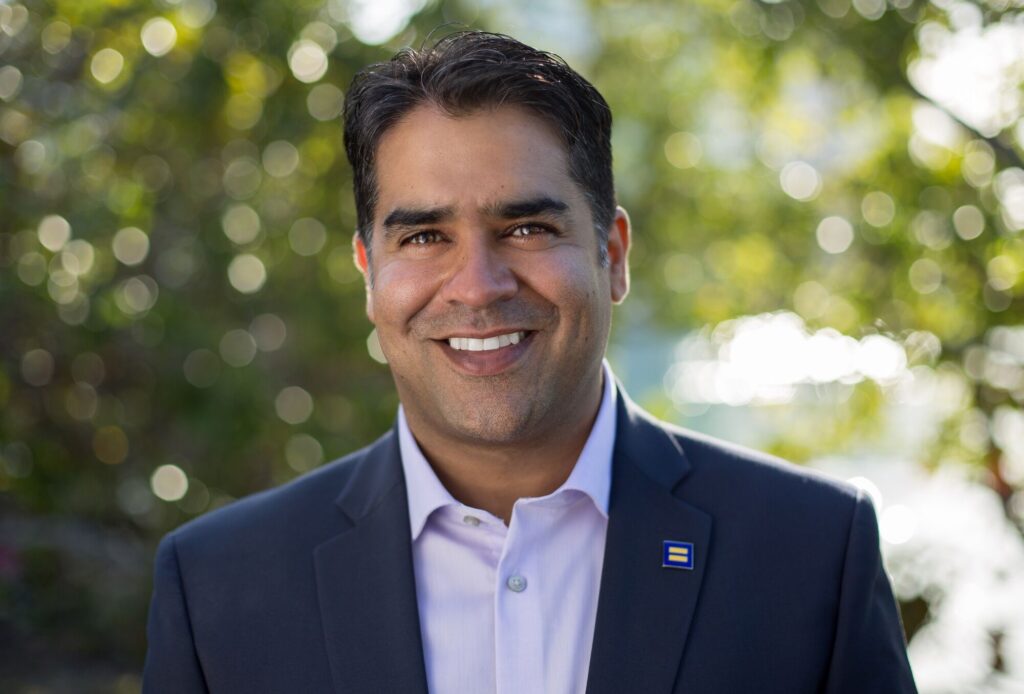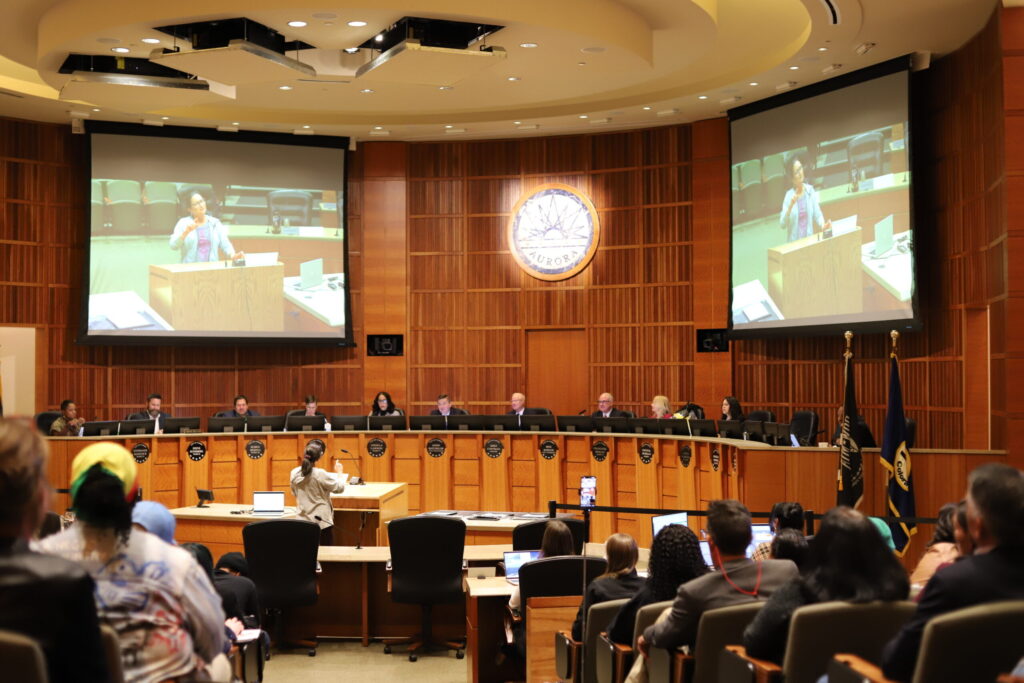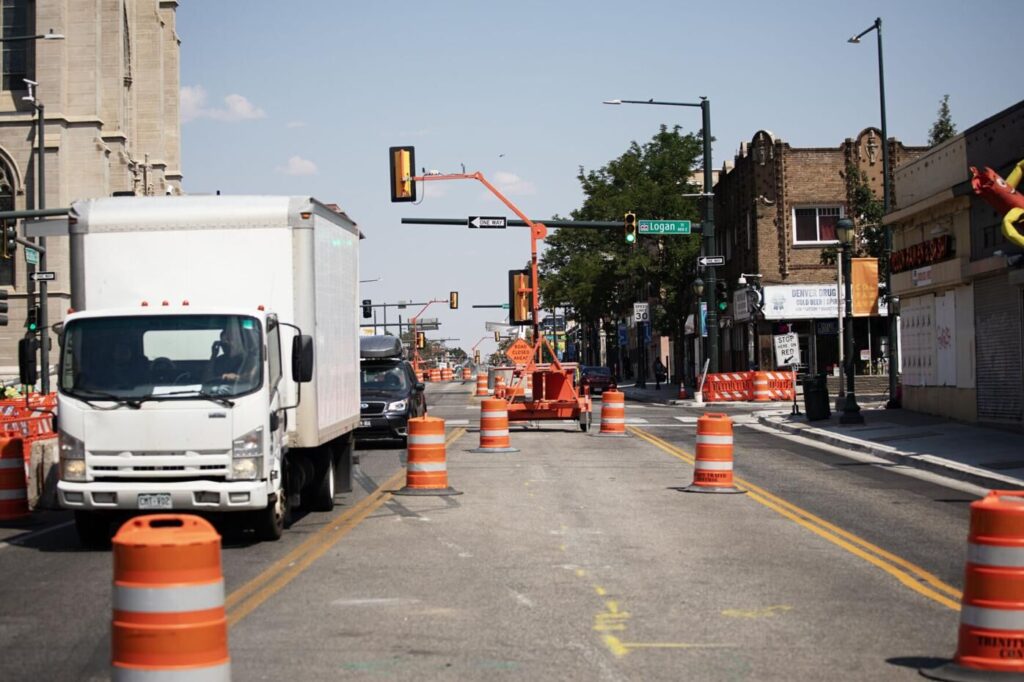Williams readies constitutional amendment
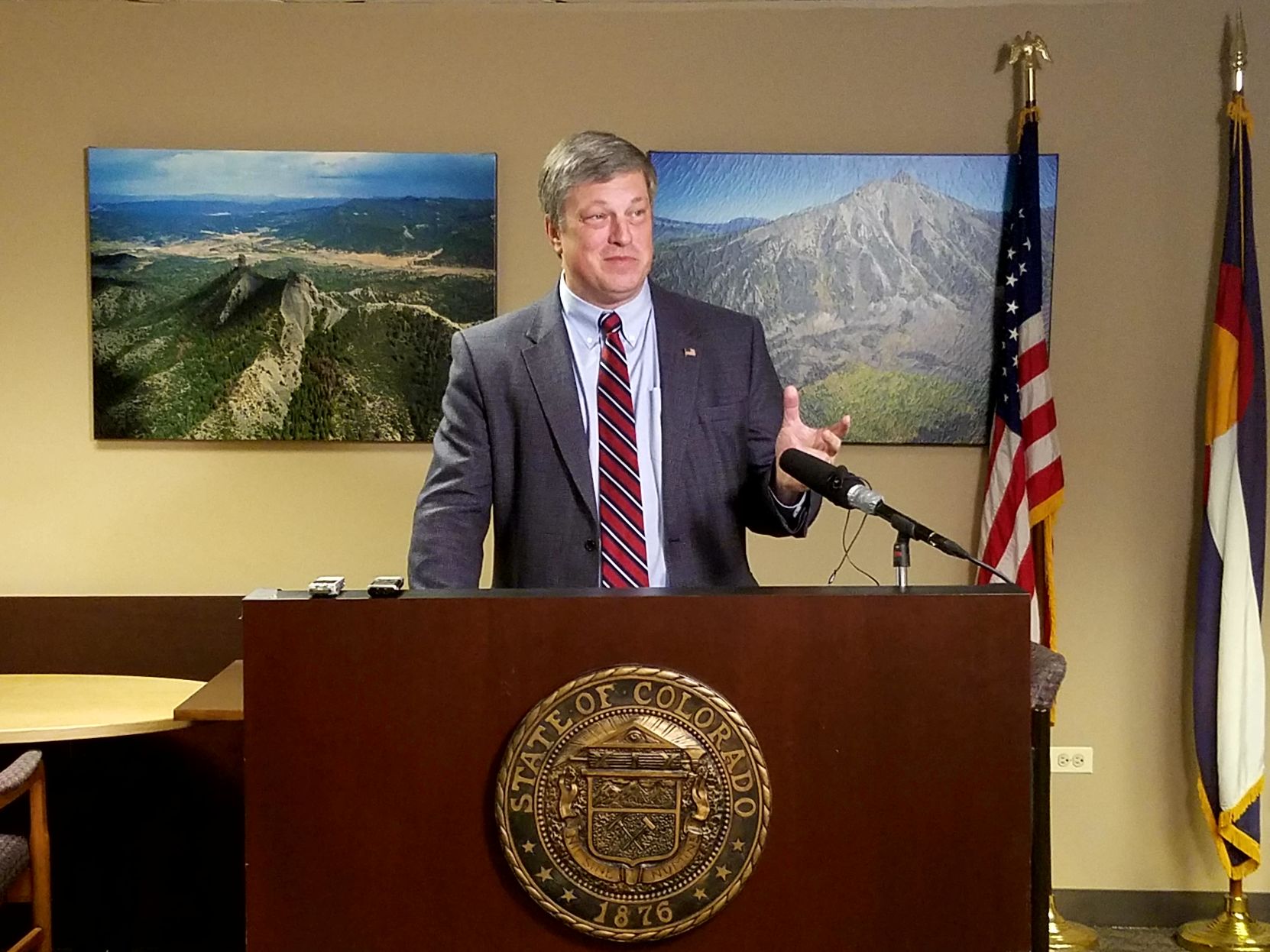
A constitutional amendment that would reduce the lengthy and repetitive language regarding judicial retention questions on election ballots is on Colorado Secretary of State Wayne Williams‘ wish list for the upcoming state legislative session.
Williams and his staff outlined his legislative plans to the Bipartisan Election Advisory Committee Thursday, Dec. 15. The committee includes county clerks, state and political party officials and citizens groups.
The proposed amendment would allow the judicial retention portion of ballots to feature one question such as “shall the following judges be retained in office?” The ballot would then list each judge with “yes” or “no” boxes for voters to decide. Williams noted the current practice of repeating that question for each county, state and federal judge facing retention contributed to the five-page ballots in Denver and similarly lengthy ballots in most counties.
“We want voters to look at and ponder important issues and races, not the same language for each judge,” he said.
Implementing primary election initiatives need attention
Internal Operations and Legal Manager Ben Schler explained Initiatives 107 and 108 – approved by state voters in last month’s general election to hold a statewide presidential primary election and allow unaffiliated voters to take part in primary elections without having to declare a party affiliation – need clarification from lawmakers.
Schler said the presidential primary election is likely to pose the most issues for clerks and elections officials, since the initiative calls for all registered voters, including unaffiliated ones, to receive ballots for all major party races. But voters can only cast ballots for candidates of one political party.
Schler said the states of Washington and Minnesota were consulted for advice on their primary election processes. Some of the methods the two states implemented included using color-coded ballots for each party, trying ballots with a fill-in bubble to show which party the voter chose and putting wording on election ballots that required voters to sign, showing which party’s primary election ballot they completed.
All those methods posed different challenges, and Williams said since the next presidential election year isn’t until 2020, office staff will continue to study the issues and develop a rulemaking process to help guide county and elections officials. The next statewide primary election is in 2018, Williams noted, so there is more urgency to set up rules for that initiative.
“I know we don’t want to wait until June 1 of 2018, because clerks can’t wait until then to decide how many envelopes to order,” he said. “We want to have some preliminary rules by this summer to help clerks know what kind of cost estimate they’ll have to include in their budgets.”
Williams said he does plan to ask legislators to pay for the presidential primary election out of the state general fund, since it is a statewide election and no local issues are allowed to share the ballot. He gave a $5 million to $7 million cost estimate for a presidential primary election.
Currently, the state reimburses counties for election expenses at the rate of about 90 cents per vote, Williams noted, and smaller counties suffer the most due to smaller budgets.
“So we’ll try to see if the General Assembly is willing to make a commitment,” he said.
State Rep. Dan Pabon, D-Denver, agreed with the need to hear what lawmakers say, but added “we’ll have to cut something else to accommodate the new system. I’m not sure that’s something voters contemplated” when they considered Initiative 107.
Arapahoe County Clerk and Recorder Matt Crane said he and other clerks were very concerned about the costs of holding the primary elections and the impacts those costs would have on small and medium-sized counties. Williams agreed and noted counties with higher turnout get more state money since they had more voters cast ballots. But he also noted since local issues are allowed on the statewide primary ballots, not all costs will likely be seen as attributable to the state by legislators.
Williams said Democratic Party and Republican Party officials are mulling potential lawsuits over 107, arguing it interferes with how each party runs its primary process.
“But we have to proceed as if we will be implementing those elections,” he said.
Petition signature review clarity needed
Schler also explained Williams will ask lawmakers to pass a bill allowing his office to continue to conduct random reviews of initiative petition signatures. This instead of having to conduct more time-intensive line-by-line reviews called for in Amendment 71. That voter-approved measure requires at least 2 percent of signatures to be gathered from the 35 state Senate districts, and at least 55 percent of state voters to approve the proposed amendment.
“That’s a very high threshold for petition circulators to meet and a very high level of work for our office to verify the signatures and put it on the ballot,” Schler said.
Williams said the legislation is needed because Amendment 71’s wording does not match current wording in the constitution that guides the office’s review of petitions.
SOS: Election watcher’s responsibilities need to be clarified
Schler said a bill to clarify the rules and responsibilities of election watchers that failed last year will be brought back this year. It will also address which parts of the ballot counting process election watchers can and cannot see due to voter privacy concerns, as well as how they are appointed by party chairs and issue committee groups. Williams said ensuring watchers do not view Social Security and driver’s license numbers that might be used in identity theft is or particular concern.
